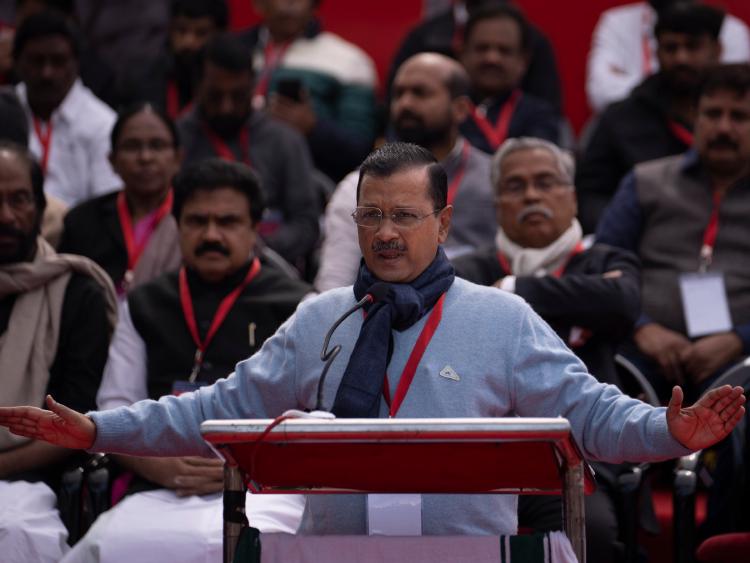'Dead democracy': Will Arvind Kejriwal's arrest unite India's opposition?
The arrest of Delhi Chief Minister Arvind Kejriwal sparks condemnation and concerns about democracy in India.
- Bilawal Riaz
- 1 min read

The arrest of Delhi Chief Minister Arvind Kejriwal by India’s financial crime investigation agency has sparked widespread condemnation from the opposition, with some warning of a potential “revolution” against Prime Minister Narendra Modi. Kejriwal’s arrest, amidst a series of similar actions against opposition figures, has led to accusations of a political crackdown. The arrest, related to corruption allegations in a liquor policy, has put the capital into a constitutional crisis. While AAP denies corruption claims, the Modi government denies political motives. The arrests may risk backfiring on the BJP, potentially fostering sympathy for targeted leaders and uniting the opposition. The international community has expressed concerns over the Indian government’s actions, seen as consolidating power at the expense of human rights. The arrest has triggered strong reactions from opposition parties, with some viewing it as a threat to democracy. Despite AAP’s attempts to regroup, the BJP supports Kejriwal’s arrest, labeling him as the “kingpin of the liquor scam.”